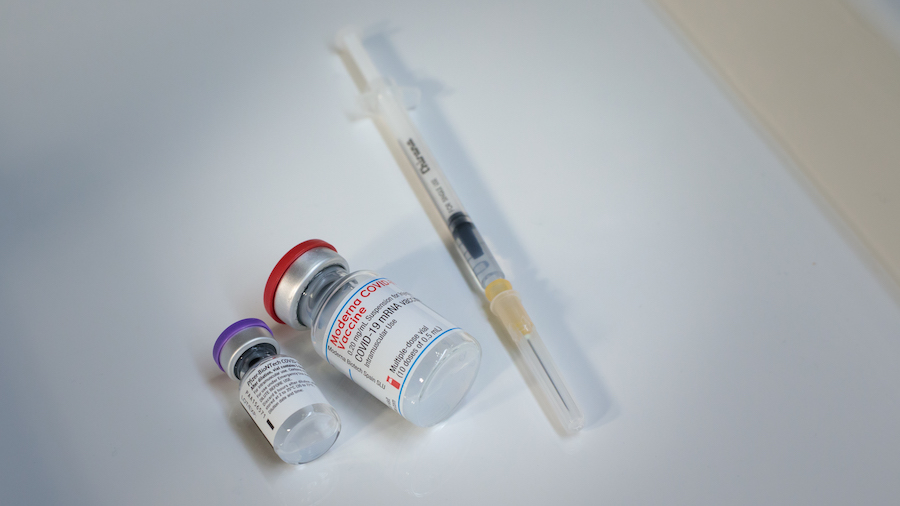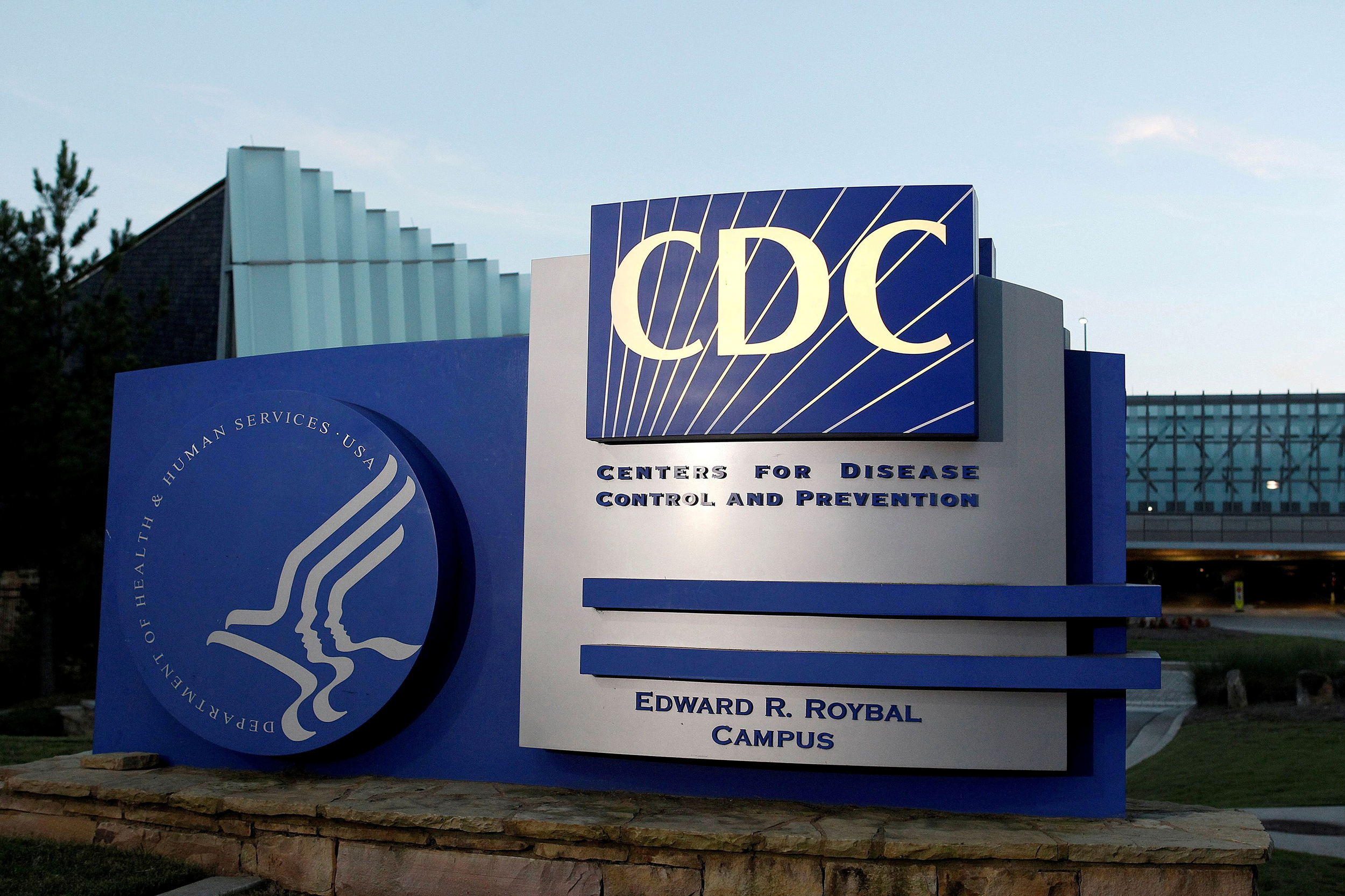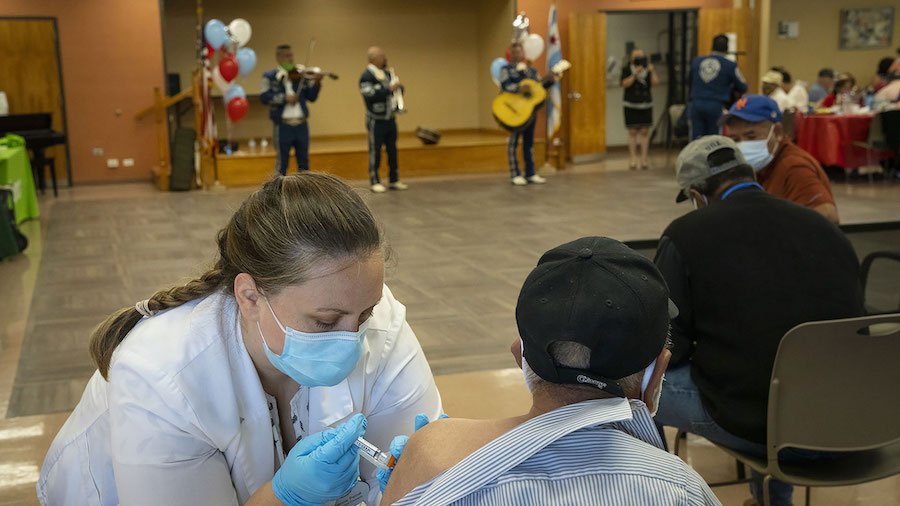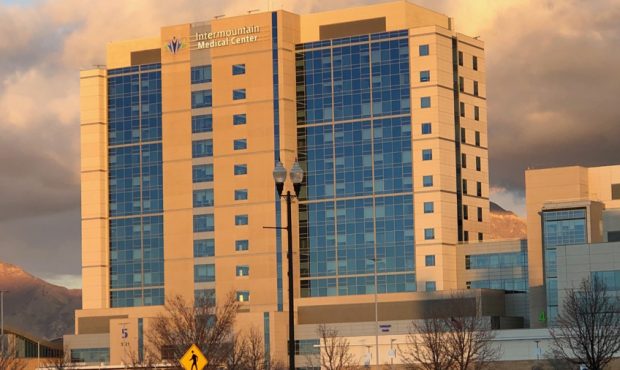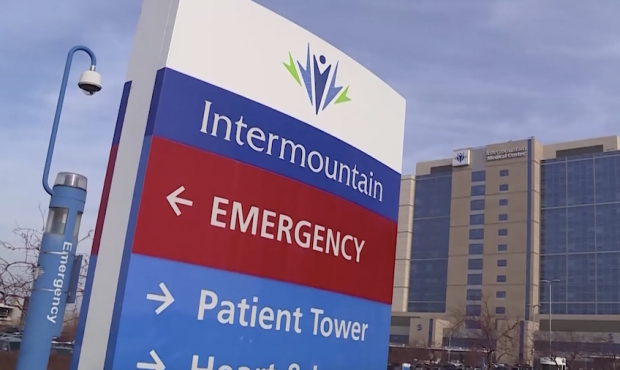CORONAVIRUS
What is COVID-19? Here’s What You Need To Know To Stay Healthy
Feb 27, 2020, 12:51 PM | Updated: 2:02 pm
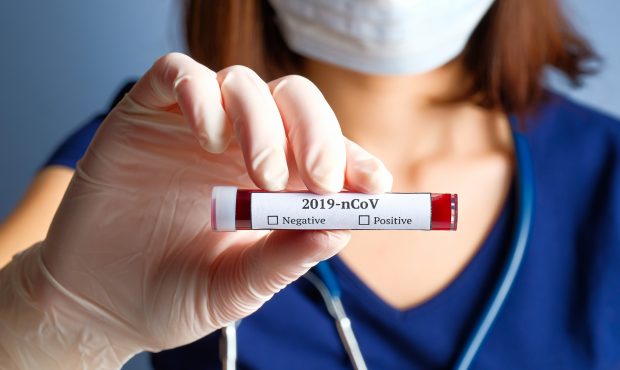
FILE
SALT LAKE CITY, Utah – As the Utah Department of Health prepares for the possibility of community-spread COVID-19, there are are some steps you can take to better understand the coronavirus and protect yourself.
These facts have been gathered from the Centers for Disease Control and Prevention’s novel coronavirus section.
What is it?
COVID-19 is a respiratory disease caused by a new coronavirus, according to the Centers for Disease Control and Prevention. Coronaviruses are a family of viruses that are common in animals, and COVID-19 likely originated in bats.
There is currently no treatment for COVID-19, although there are clinical trials underway. Approximately 82,000 cases have been confirmed worldwide. There have been 2,800 deaths, mostly in China, where the virus originated.
There have been no COVID-19 deaths reported in the U.S.
Is Utah prepared for an outbreak?
Posted by Utah Department of Health on Thursday, February 27, 2020
The Utah Department of Health on Feb. 27 held a press conference where authorities assured the public that the state’s health care facilities are prepared with both people and supplies should the need arise.
The state has a protocols in place to deal with a pandemic, and their current plan uses recommendations from the CDC on how to handle a possible COVID-19 outbreak.
UDOH officials stressed that contracting COVID-19 in the U.S. is very rare, and residents who are generally healthy are expected to recover with proper medical care. They also stressed that prevention is key, and they asked the public to be diligent by washing hands often, covering mouths while coughing and sneezing, and staying home while sick.
How does it spread?
According to the Centers for Disease Control and Prevention, COVID-19 spreads between people who are in close contact with each other, within about 6 feet.
The virus travels in respiratory droplets produced when an infected person coughs or sneezes. These droplets can land in the mouths or noses of people who are nearby and possibly inhaled into the lungs. People are most contagious when they the most symptomatic. Some spread might be possible before symptoms become apparent.
A person could also become infected by touching a surface that has the COVID-19 virus on it and then touching their own face, but the CDC says this is not thought to be the main way it spreads.
“In the United States, spread from person-to-person has occurred only among a few close contacts and has not spread any further to date,” according to the CDC.
What are the symptoms?
Authorities have reported COVID-19 symptoms include fever, cough and shortness of breath. The CDC believes symptoms may appear in as few as two days or as long as 14 days after exposure.
How do I prevent it?
The CDC has some simple recommendations, most of which are the same for preventing other respiratory illnesses or the flu:
- Avoid close contact with people who may be sick
- Avoid touching your face
- Stay home when you are sick
- Cover your cough or sneeze with a tissue and then throw the tissue in the trash
- Wash your hands often with soap and water for at least 20 seconds, especially after going to the bathroom, before eating, and after blowing your nose, coughing or sneezing. Always wash your hands with soap and water if your hands are visibly dirty.
- If soap and water is not readily available, use an alcohol-based hand sanitizer with at least 60% alcohol.
The CDC does not recommend wearing a facemask respirator to protect yourself from coronavirus unless a healthcare professional recommends it.
“A facemask should be used by people who have COVID-19 and are showing symptoms,” according to the CDC. “This is to protect others from the risk of getting infected.”
What are the chances of contracting COVID-19?
“For the general American public, who are unlikely to be exposed to this virus at this time, the immediate health risk from COVID-19 is considered low,” according to the CDC.
There are certain people who will have an increased risk of infection, though. The CDC says those most at-risk are health care workers who are caring for patients with the coronavirus.
Other people at risk are those who have traveled abroad recently, especially to China. If you develop a fever and symptoms of a respiratory illness – such as cough or shortness of breath – within 14 days after traveling to China, or if you’ve had close contact with someone showing symptoms who’s recently been to China, you should call a healthcare professional. They will then work with the health department to determine if you need to be tested.
What if I think I may be infected?
If you live in the U.S., your chance of being infected right now is currently low, according to the CDC. If you do suspect you may have come in contact with COVID-19, though, the first thing you should do is call a health care provider and let them know about your concerns. Then, follow these steps:
- Always call ahead before visiting your doctor
- Stay home, except to get medical care
- Separate yourself from other people and animals inside your home
- Wear a face mask
- Cover your coughs and sneezes
- Wash your hands often
- Avoid sharing personal household items
- Clean all “high-touch” areas every day (counters, tabletops, doorknobs, toilets, phones, keyboards, bathroom fixtures, etc.)
- Monitor your symptoms and seek medical attention of your illness worsens
- Call 911 if you have a medical emergency
Will COVID-19 end when the weather warms up?
The CDC says it’s not known if weather or temperatures impact the spread of COVID-19.
“Some other viruses, like the common cold and flu, spread more during cold weather months,” the CDC says, “but that does not mean it is impossible to become sick with these viruses during other months.”

